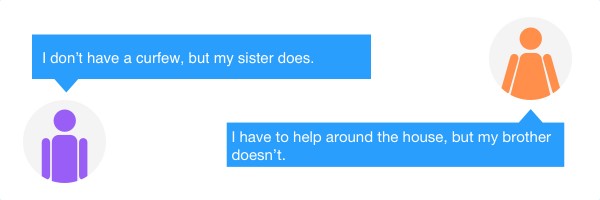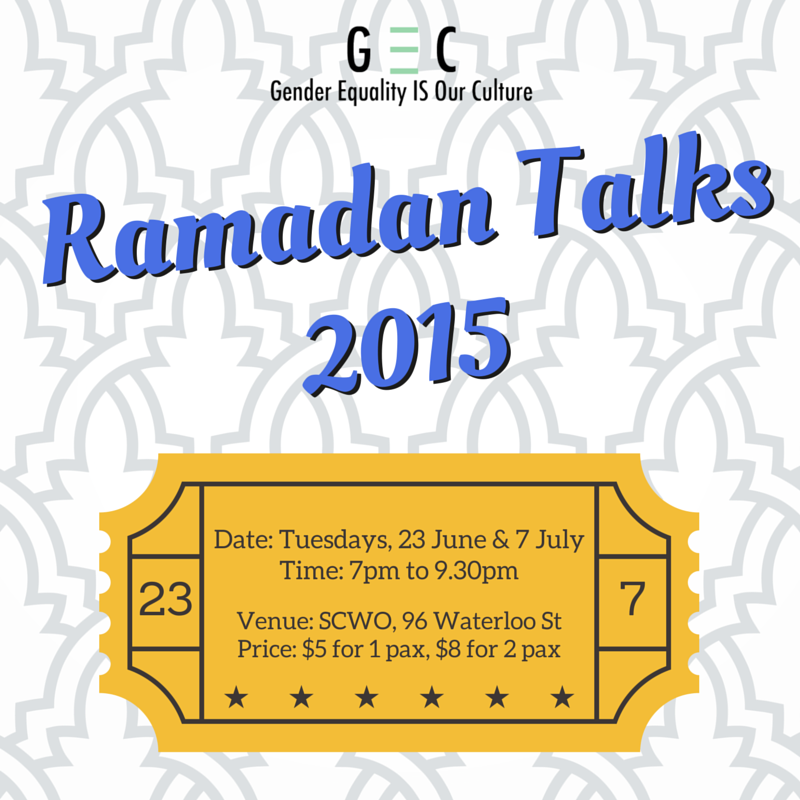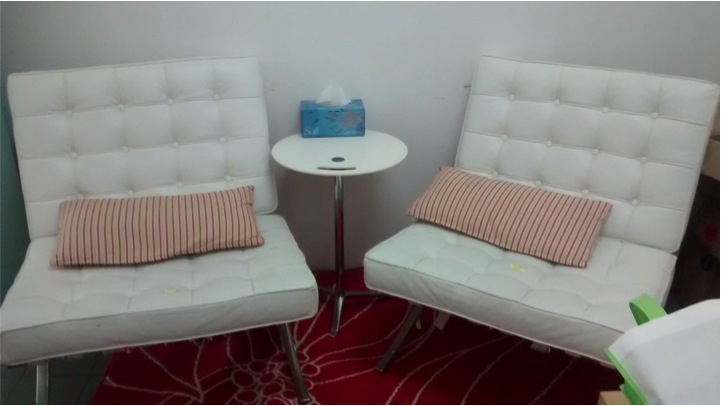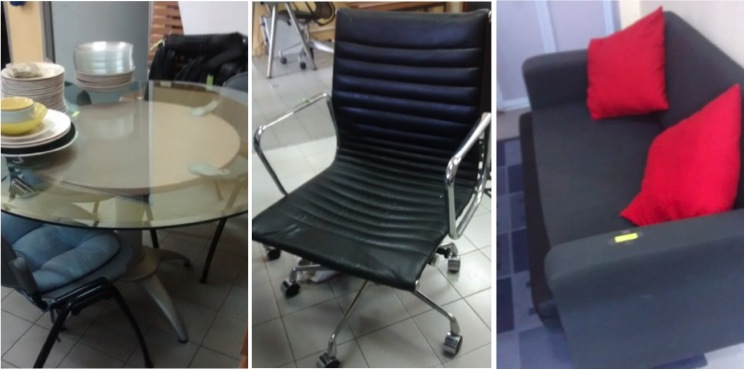This is in response to a 19 February statement made by Viswa Sadasivan on Facebook. Refer to that statement here, as well as our previous comments (7 Feb, 11 Feb) on his behavior with Sharul Channa and Kiran Kandade.
Viswa has, in his latest statement, denied that his verbal comments to Sharul and his texts asking Kiran to kiss him were “sexual harassment”.
Viswa also said it was regrettable that we “did not ask for [his] account” before categorising his behaviours as such. Given the credibility of the victims’ statements, screenshots provided by Kiran and the response by Viswa to Sharul, we were satisfied with our understanding of the facts, the context for what happened and Viswa’s position. Nothing he has said has changed our reading of his actions as sexual harassment.
Given the public interest in this case, we would like to address the inaccurate assertions about workplace sexual harassment set out in Viswa’s statement. Unfortunately, Viswa’s misinformed views about workplace sexual harassment are not uncommon, so this provides an excellent opportunity to explain how workplace sexual harassment is determined.
Why Viswa’s statements constitute workplace sexual harassment
Workplace sexual harassment is defined by the UN Convention on the Elimination of All Forms of Discrimination against Women (CEDAW, which Singapore signed in 1995) as “unwelcome sexually determined behaviour as physical contact and advances, sexually coloured remarks, showing pornography and sexual demand, whether by words or actions. Such conduct can be humiliating and may constitute a health and safety problem… it is discriminatory when the woman has reasonable grounds to believe that her objection would disadvantage her in connection with her employment, including recruitment or promotion, or when it creates a hostile working environment.”
The exchange with Sharul took place over Zoom, in the company of a number of Viswa’s staff. It was the first time that Sharul and Viswa were meeting. Sharul recounts the exchange as such:
Viswa: Why are you wearing that rose?
Sharul: I just put it on to distract from the pattern on my top.
Viswa: It would be more distracting if you were wearing only that rose.
This comment had the following impact: that Viswa was essentially telling Sharul that he was imagining her without clothes – wearing just a rose, exposed and vulnerable. In that instant, surrounded by professionals who had been subject to an image of her naked, Sharul was forcibly reduced to a sex object. The comment was demeaning, disrespectful and uncalled for; it would have naturally shocked and humiliated her.
Via Kiran’s screenshots, we know that in 2016 she had approached Viswa over WhatsApp with a professional request (to sit in on a workshop), and he had replied, “That wd mean 2 big kisses”, then later “U now owe me 3 big kisses!!” [sic]. It is highly inappropriate to imply that a professional opportunity could be granted in exchange for kissing. What’s more, though Kiran had ignored the first reference to kissing and replied entirely professionally, Viswa had repeated it, being even more direct about the transaction he was proposing (“owe”). To return to the CEDAW definition of workplace sexual harassment, “it is discriminatory when the woman has reasonable grounds to believe that her objection would disadvantage her in connection with her employment.”
It’s important to note that there have been two clear accounts of harassment against different victims, indicating a problematic pattern and not some one-off misunderstanding.
The importance of the perpetrator’s intentions
In his statement, Viswa argues that his intent had never been to harass, and so he should not be blamed for the accidental impact his words had on his victims. He disputes what he calls AWARE’s definition of sexual harassment: “In evaluating sexual harassment, while the impact on the victim is critical, that cannot be the only consideration. The situation must be fairly assessed, also taking into account factors such as intent and context.”
In fact, our understanding of sexual harassment is based on globally accepted standards, not our own definition.
By these standard definitions, intention is immaterial in establishing whether or not certain behaviours constitute harassment. The determinant is, instead, whether the victim was offended or distressed by the statement and whether that response was reasonable. (Intention can come into play but as a mitigating factor in deciding a perpetrator’s punishment.)
The Administrative Tribunal of the International Labour Organization has “specifically rejected the argument that intent on the part of the alleged perpetrator is required in order to establish harassment”.
Accordingly, we do not believe that Viswa has solid ground for denying that his behavior constituted sexual harassment. In Sharul’s case, he said he understood that Sharul might have seen it in the way she did, indicating that he thought it was a reasonable reaction. In Kiran’s case, he belatedly apologised to her.
On the role of social media
Lastly, Viswa wrote in his statement: “I do not believe that issues such as this can ever be resolved effectively on social media.” We would like to unpack this point a bit.
In the three years since #MeToo, the reasons for survivors choosing to speak up on social media have been well established. For one, addressing harassment allegations privately doesn’t always work in their favour, as entrenched systems are easily employed to silence, discredit and dismiss them. Private resolution can also be isolating for the victim—Sharul wouldn’t have known about Kiran, and possibly other victims, if she had not shared Viswa’s conduct online. We know of many sexual violence victims who are only persuaded to report their experiences after realising that others have suffered at the same perpetrator’s hands.
Social media disclosures are not without risks. Victims have to be prepared to deal with victim-blaming comments, as well as harassment directed at them and their family and friends—which both Sharul and Kiran have endured. Victims don’t make the decision to go public on a whim. We should not, therefore, be dismissive of social media as a channel for dialogue and justice—it is often the only recourse available.
This case also shows the need for more non-criminal channels to report workplace harassment. Freelancers like Sharul and Kiran do not have access to unions or government bodies like TAFEP to report to. Accessible channels would reduce the need to resort to social media.
Narratives of sexual harassment have always been shrouded in silence. In speaking their truths, survivors—Sharul, Kiran and many women who have come before them—have done the hard work of showing us that sexual harassment creates hostile and degrading work environments, and robs victims of their dignity. It’s up to us now to collectively challenge inappropriate conduct in workplaces and elsewhere, and not let those who were harassed carry that burden alone.




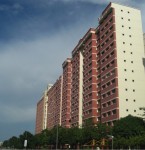 AWAREs Research and Advocacy team is looking to interview single fathers about their experiences accessing public housing after divorce.
AWAREs Research and Advocacy team is looking to interview single fathers about their experiences accessing public housing after divorce. By Jolene Tan, Programmes and Communications Senior Manager
By Jolene Tan, Programmes and Communications Senior Manager
